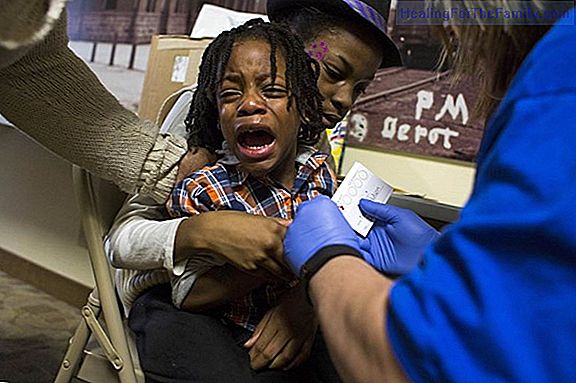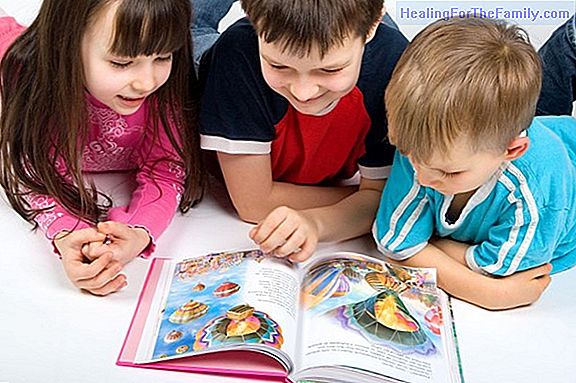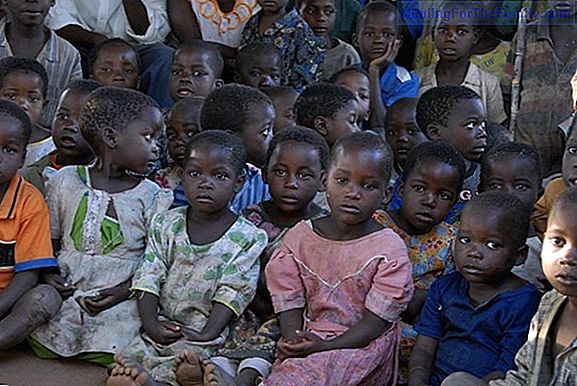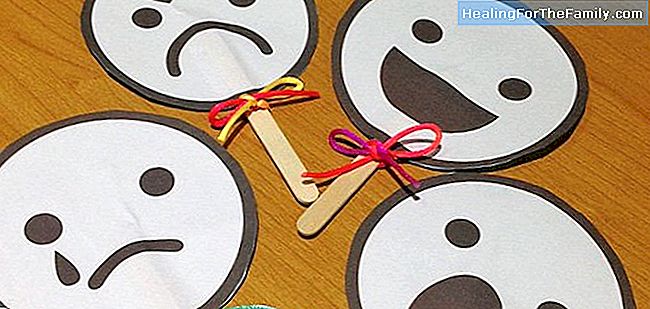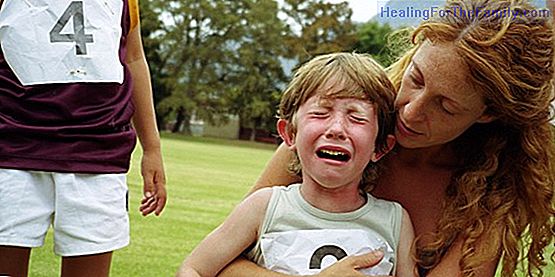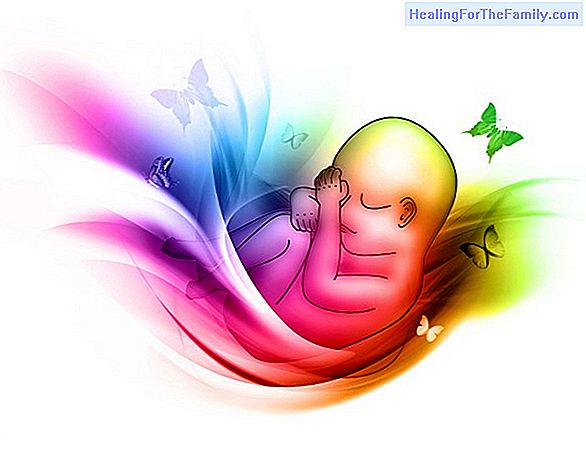How to know if a child has problems of social skills
Social skills are the set of behaviors that we learn naturally from childhood, which help us to communicate and relate to people and our environment. Therefore, we can understand the lack of social skills as a bad learning of how to relate to others and the environment around us. It is difficult to
Social skills are the set of behaviors that we learn naturally from childhood, which help us to communicate and relate to people and our environment. Therefore, we can understand the lack of social skills as a bad learning of how to relate to others and the environment around us.
It is difficult to find exact figures on how many children do not have the appropriate social skills, since many of them do not suffer from any obvious disorder and, therefore, never get treated for this problem. Even so, it is estimated that 89% of the problems that children have are social, that is, they are related to people and their interactions.
How to detect if a child has social skills problems
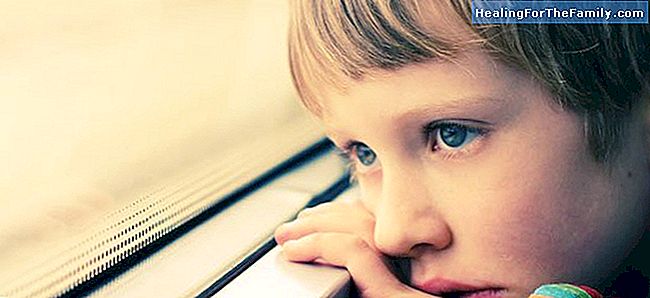
There are a series of symptoms that if very frequent, can indicate the lack of social skills in a child:
- Excessive shyness, low self-esteem and fear Social situations can be strong indicators of this social problem. Normally these children find it difficult to handle situations that they are not accustomed to in their day to day, they are unsure of themselves in the things they do and they avoid contact with people outside their immediate circle.
- In addition, they tend to show a great lack of empathy towards others, have problems of cooperation and teamwork, as well as problems of self-control and communication with other people. All this sometimes becomes a vicious circle, since these children do not have clear behavioral limits and this causes them many problems, for example, if they are in school playing with other classmates. A child with a lack of social skills can carry out aggressive behaviors to his friends if he loses in a game or even cheats and does not follow the rules. Therefore, the most common is that other children do not want to play with him again and isolate himself.
In some cases the lack of social skills comes from some underlying disorder that the child may suffer and that has prevented him from developing these social skills adequately. Among the most common is the Learning Disorder (TA), Attention Deficit Disorder (ADHD) or Asperger's syndrome.
Consequences of not treating social skills in children
If the problems of social skills during childhood are not addressed, a series of consequences that prevent a normal life from these people can be unleashed, even during adulthood. Here are some of them:
-Difficulty expressing feelings and opinions: people who do not have good social skills will have difficulties to express what they feel and what they think, therefore, it will cost them to communicate correctly with the people of their environment can get to suffer frustration or even depression.
-School and / or work problems: Due to the social maladjustment of these children, it is common that they also have problems with their studies, which can lead to academic (or professional) failure in adulthood.
-Impediments to relate to others: Children may have problems making friends and interacting with other people, so it may be difficult to establish links and emotional relationships with people in their environment.
-Serious psychological disorder: There are children who can develop even a serious psychological disorder in adulthood that causes problems in the workplace, social or relationship.

